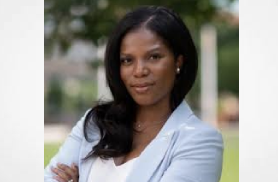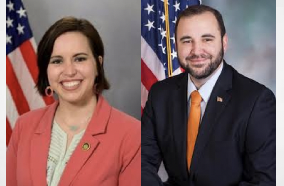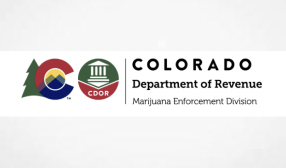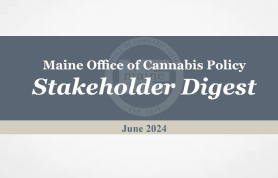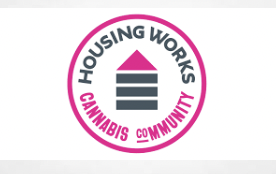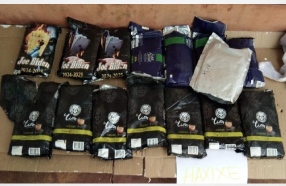Talking Drugs – Here’s the introduction
How we think about, regulate, moralise or criminalise drugs is often not a response to domestic considerations, but a negotiation with global forces in an uneven international environment. Drug control in Lebanon is no exception to this rule. Its policies, since their inception, are the result of colonial and neo-colonial impositions and local resistance to these international impositions.
Colonial beginnings
The colonial roots of drug policies are clear in Lebanon. The first drug control imperatives were introduced under the French mandate in the 1920s. In fact, the 1922 decision of the League of Nations that put Lebanon and Syria under French rule specifically mentions in article 12 that France will adhere, on behalf of the countries under its mandate, to conventions related to “drug trafficking” among other things.
The imposition of prohibitionist policies had to contend with the reality that 50% of Lebanon’s economy was reliant on cannabis. As a result of the decline of the silk industry in the early 20th century, many farmers resorted to cannabis cultivation, which had been part of the Lebanese agricultural landscape for centuries. French authorities were criticised by local politicians for prohibiting cannabis cultivation, which was a source of income for the villagers. Lacking power in the rural areas, and unwilling to alienate powerful landowners whose support they relied on, the French authorities resorted to a “theatrical” implementation of drug policies, aimed at satisfying international requirements without ostracising domestic political forces.
From independence to the war on drugs
The intersection of colonial impositions with local negotiations, resulting in performative drug control policies, would become the hallmark of Lebanon’s approach.
After its independence, Lebanon continued the French charade. After declaring that it would take drastic measures to curb hashish production during WWII, members of the British Security Mission who assisted Lebanese authorities admitted privately that they had to apply “considerable direct pressure . . . on a reluctant Gendarmerie” to get any action done.
In the 50s, as the American war on drugs continued to fail domestically, the head of the Federal Narcotics Bureau Harry Anslinger had a new strategy: “Drug prohibition would work—but only if it was being done by everyone, all over the world.” This meant exporting the war on drugs to the Global South. Anslinger travelled to the United Nations to replicate the American model worldwide. From there, the drug war entered Lebanon, as American officials like Charles Siragusa were dispatched to the small Mediterranean country. The new global imperative to wage a war on drugs only deepened the performative aspects of Lebanese drug policies, yet with a stronger Western player to appease now.
Drug policies were halted during the Lebanese civil war (1975-1989). The total chaos that ensued led to an expansion of cannabis cultivation and the development of opium growing as Lebanese militias relied on arms-for-drugs trades and drug trafficking revenue to sustain their war efforts.
Grappling with reconstruction, post-war Lebanon was further limited due to its “Major” list status. The list of “major drug producing or transit countries” prevented country’s from receiving American aid. Reliant on foreign investment, Lebanese authorities restarted its past performance of cracking down on drugs to entice investment.
Poor farmers and people who use drugs were targeted by anti-narcotics efforts. As a result, the country successfully changed its perceptions within American foreign policy; they were now deemed to have “sustained positive performance in eradication and other anti-narcotic efforts,” which – along with American interests in influencing the stability of the Middle East – helped resume funding to Lebanon. From 1987 to 1997, despite being identified as a drug producing country, Lebanon was issued a waiver and enabled to access US funding.
Legalising cannabis cultivation
Read more at https://www.talkingdrugs.org/the-colonial-legacy-of-drug-control-in-lebanon/
